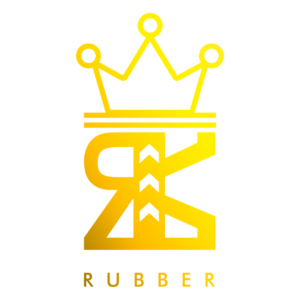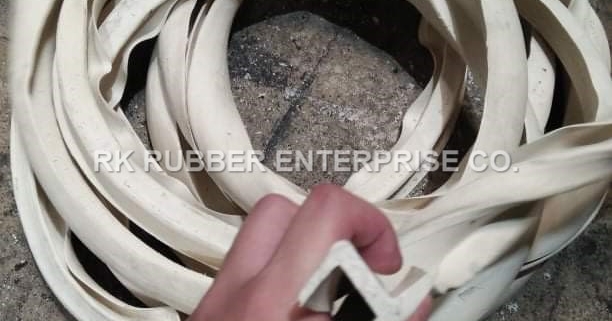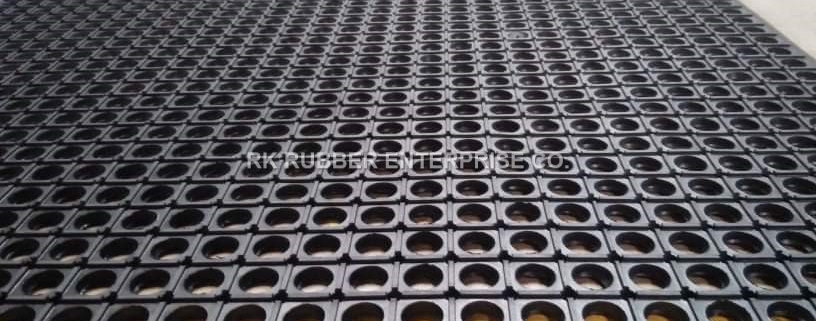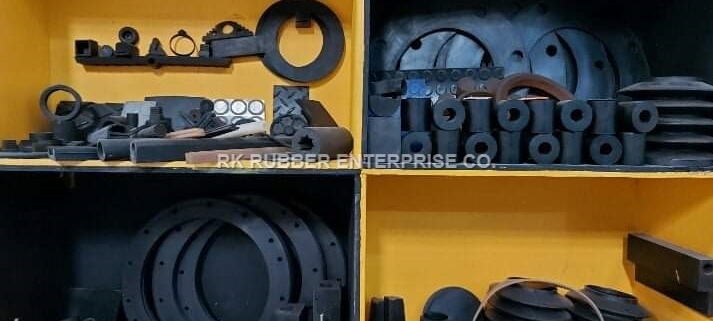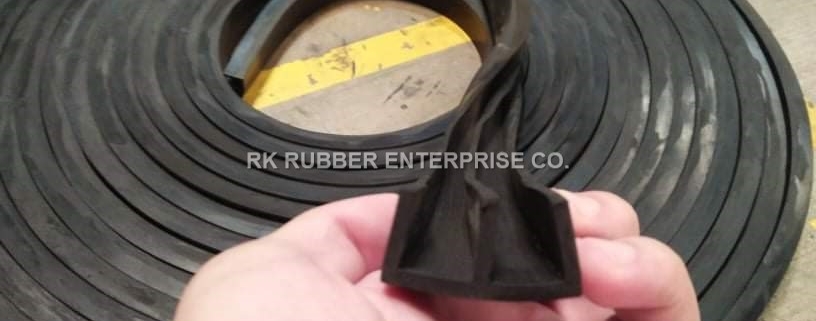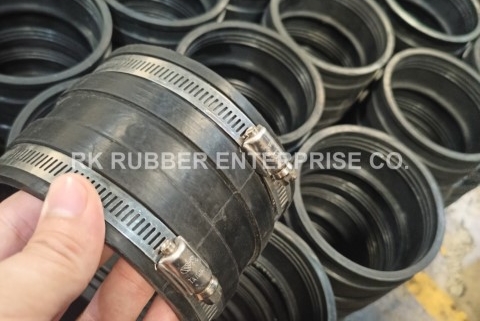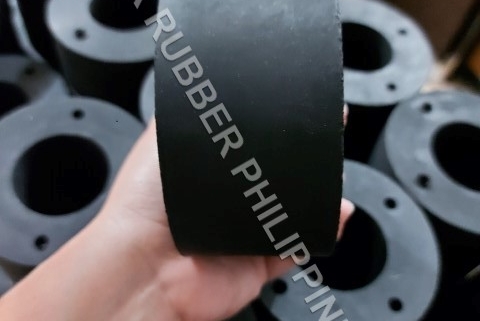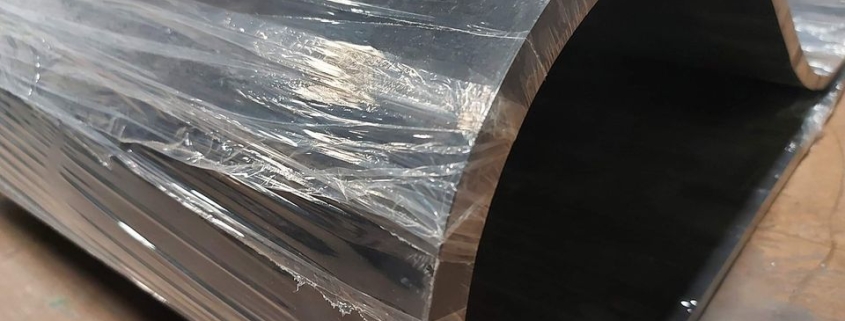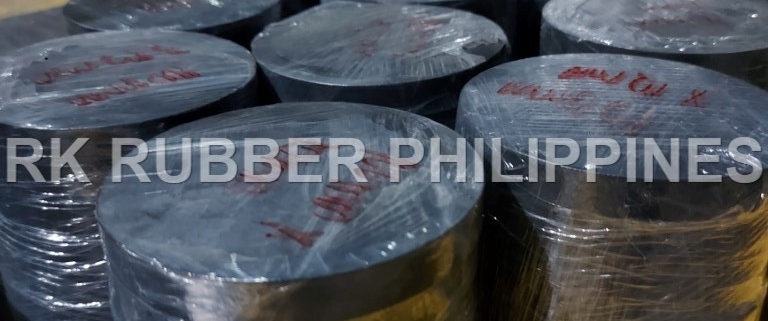W-Type Rubber Seal Manufacturer in the Philippines | RK Rubber Enterprise Co.
RK Rubber Enterprise Co. is a reputable manufacturer of high-quality W-Type rubber seals in the Philippines, specifically designed to offer effective sealing solutions for industrial applications. These W-Type rubber seals feature a unique w-shaped cross-section that enhances sealing capabilities, resisting fluid and gas leakage and corrosion. Utilized in various industries such as aerospace, marine, and pneumatic systems, these seals demonstrate excellent tear and wear resistance. By employing high-quality rubber compounds like EPDM, Nitrile, and Silicone, RK Rubber Enterprise Co. guarantees the durability and effectiveness of their products, highlighting the benefits of partnering with a trusted expert in sealing solutions.
Key Points
- RK Rubber Enterprise Co. is a reliable manufacturer of W-Type Rubber Seals in the Philippines.
- They provide high-quality seals for efficient fluid and gas containment in various industries.
- Their W-Type Rubber Seals are resistant to corrosion and harsh chemicals, ensuring long-term durability.
- RK Rubber Enterprise Co. offers customization options to meet specific industry requirements.
- Their products enhance operational efficiency and reduce maintenance costs for clients.
W-Type Rubber Seal Overview
W-Type rubber seals are a class of specialized sealing components that offer a distinct advantage in preventing fluid and gas leakage across a wide range of industrial applications. Their unique w-shaped cross-sectional design provides enhanced sealing capabilities, creating a tight and reliable seal that is vital in many mechanical and industrial systems. This distinctive design allows for a secure fit against pump housings and rotating shafts, ensuring efficient operation.
The w-shaped cross-section of W-Type rubber seals is engineered to provide exceptional performance, including good tear and wear resistance, suitable for heavy machinery. They are also resistant to corrosion and harsh chemicals, ensuring long-term durability and reliability. The adaptability of W-Type rubber seals to different environments and applications makes them an essential component in both industrial and mechanical engineering settings. Their versatility in various industrial applications, including aerospace, marine, and pneumatic systems, further underscores their importance in preventing fluid and gas leakage. Overall, W-Type rubber seals offer a reliable and efficient solution for industries seeking to prevent fluid and gas leakage.
Industrial Applications and Uses
W-Type rubber seals are utilized in a diverse range of industrial applications, including pumps and valves, where their unique design provides a tight seal against fluid and gas leakage. They are also employed in marine and aerospace industries, where their resistance to harsh environments and chemicals is critical. Additionally, W-Type rubber seals are used in industrial machinery and pressurized systems, where their reliability and durability are essential for maintaining operational efficiency and preventing system failures.
Pumps and Valves
In industrial settings where efficient fluid transfer and containment are paramount, pumps and valves play an essential role, necessitating the use of high-performance sealing components that can withstand harsh operating conditions and maintain system integrity.
W-Type rubber seals are widely utilized in pumps and valves to prevent fluid and gas leakage, ensuring efficient operation and minimizing downtime. Their unique W-shaped cross-sectional design allows for a tight seal against pump housings and rotating shafts, making them ideal for applications such as water pumps and pipe fittings. In pressurized and pneumatic systems, W-Type rubber seals maintain pressure without leakage over time, ensuring the integrity of fluid transfer systems.
RK Rubber Enterprise Co. provides high-quality W-Type rubber seals designed for effective fluid and gas prevention in pumps and valves. Our seals offer exceptional resistance to corrosion and harsh chemicals, making them suitable for various industrial applications. With customization options available, our W-Type rubber seals can be tailored to meet specific industry requirements, ensuring reliable performance and efficient operation in pumps and valves. Our expertise in manufacturing high-performance sealing components enables us to provide cost-effective solutions for industrial applications.
Marine and Aerospace
High-performance sealing components play a critical role in the marine and aerospace industries, where harsh environments and stringent safety standards necessitate the use of reliable and durable seals. In these sectors, W-Type rubber seals are particularly valuable due to their exceptional resistance to water, chemicals, and extreme temperatures.
In marine applications, W-Type rubber seals are used in various systems, including propulsion, steering, and deck equipment. They provide a tight seal against water ingress and prevent corrosion, ensuring the longevity of marine vessels and equipment. In aerospace applications, W-Type seals are used in hydraulic systems, fuel systems, and other critical components, where their high-performance capabilities are essential for ensuring safety and reliability.
The versatility and durability of W-Type rubber seals make them suitable for a range of marine and aerospace applications, from shipbuilding and offshore platforms to aircraft and spacecraft. By partnering with a reputable manufacturer like RK Rubber Enterprise Co., industries can access high-quality W-Type rubber seals that meet stringent safety and performance standards, ensuring the reliability and efficiency of their operations.
Industrial Machinery
Mechanical systems in industrial settings rely heavily on effective sealing solutions to maintain the integrity and efficiency of their operations. In these environments, W-Type rubber seals play a critical role in guaranteeing the reliable performance of machinery and equipment. Their unique design and robust construction enable them to withstand harsh conditions, including exposure to chemicals, extreme temperatures, and high pressures.
| Industrial Application |
W-Type Rubber Seal Benefit |
Industry Example |
| Hydraulic Systems |
Prevents fluid leakage, guaranteeing efficient operation |
Construction equipment, manufacturing machinery |
| Pumps and Compressors |
Provides tight seal, minimizing energy losses and downtime |
Water treatment facilities, oil refineries |
| Gearboxes and Transmissions |
Protects against contaminants, reducing wear and tear |
Automotive manufacturing, wind turbines |
| Valves and Fittings |
Guarantees watertight seal, preventing fluid leakage and contamination |
Chemical processing plants, power generation facilities |
In industrial machinery, W-Type rubber seals are used in various applications, including hydraulic systems, pumps, and gearboxes. Their ability to withstand harsh conditions and maintain a tight seal guarantees efficient operation and minimizes downtime. As a result, W-Type rubber seals are an essential component in many industrial settings, providing freedom from the risks associated with fluid leakage and equipment failure.
Pressurized Systems
W-Type rubber seals have proven to be an indispensable component in pressurized systems, where maintaining a tight seal is essential to guarantee safe and efficient operation. These systems, which include hydraulic and pneumatic equipment, rely on the seals to prevent fluid and gas leakage, ensuring peak performance and minimizing the risk of system failure. In pressurized systems, W-Type rubber seals are used to seal dynamic and static components, such as pistons, rods, and cylinders, as well as valves and pipe fittings.
The unique W-shaped cross-section of these seals provides a tight and reliable seal, even in high-pressure applications. Their durability and resistance to harsh chemicals and extreme temperatures make them an ideal choice for use in pressurized systems. Additionally, W-Type rubber seals can be customized to meet specific requirements, including size, shape, and material selection. By partnering with a reputable manufacturer, such as RK Rubber Enterprise Co., industries can access high-quality W-Type rubber seals designed to meet the demands of pressurized systems, ensuring safe and efficient operation.
Manufacturing Process and Quality
The production of W-Type rubber seals involves a rigorous manufacturing process that emphasizes the use of high-quality rubber compounds and strict quality control measures to guarantee compliance with industry standards. This process involves a series of stages, including compound formulation, mixing, and molding, which are carefully monitored to ensure the production of seals that meet the required specifications. High-quality rubber compounds, such as EPDM, Nitrile, and Silicone, are used to guarantee the seals’ durability and resistance to harsh chemicals and environments.
Regular inspections and testing are conducted to identify defects or inconsistencies in the seals. This includes visual inspections, tensile strength testing, and compression set testing to guarantee that the seals meet the required standards. Additionally, RK Rubber Enterprise Co. uses modern machinery and streamlined processes to enhance productivity and efficiency in the manufacturing process. By emphasizing quality control and using high-quality materials, RK Rubber Enterprise Co. is able to produce W-Type rubber seals that meet the highest standards of performance and durability, providing customers with reliable and effective sealing solutions for their industrial applications.
Benefits of W-Type Rubber Seals
Providing a robust barrier against fluid and gas leakage, W-Type rubber seals offer a multitude of benefits across various industrial applications. Their unique design and high-quality materials guarantee a tight and reliable seal, resulting in efficient operation and reduced maintenance costs.
| Benefits |
Description |
| Reliability and Efficiency |
W-Type rubber seals provide a tight seal against fluid and gas leakage, guaranteeing efficient operation and minimizing downtime. |
| Durability and Longevity |
They are resistant to corrosion and harsh chemicals, guaranteeing long-term durability and reducing the need for frequent replacements. |
| Cost-Effectiveness |
W-Type rubber seals are a cost-effective solution for various industrial applications, offering a reliable seal at a lower cost compared to other sealing solutions. |
The benefits of W-Type rubber seals make them an ideal choice for various industries, including automotive, aerospace, marine, and mechanical engineering. Their adaptability to different environments and applications makes them an essential component in both industrial and mechanical engineering settings. By utilizing W-Type rubber seals, businesses can improve operational efficiency, reduce maintenance costs, and enhance overall performance.
Choosing the Right Material
Selecting the ideal material for W-Type rubber seals is essential to guarantee their performance and longevity in various industrial applications. The choice of material determines the seal’s resistance to chemicals, temperature, and abrasion, all of which impact its overall durability and effectiveness.
When choosing the right material for W-Type rubber seals, the following factors should be considered:
- Chemical resistance: The seal material must be compatible with the fluids or gases it will come into contact with to prevent degradation or damage.
- Temperature range: The material should be able to withstand the operating temperature of the system or equipment in which the seal will be used.
- Abrasion resistance: The material should be able to withstand wear and tear caused by movement or vibration in the system or equipment.
Customization and Design Options
Numerous industries benefit from the versatility of W-Type rubber seals, which can be tailored to meet specific application requirements through various customization and design options. These options allow engineers and manufacturers to select the most suitable material and design for their specific needs, guaranteeing peak sealing performance.
Design flexibility is a key aspect of W-Type rubber seal customization. The seals can be manufactured in a variety of sizes and shapes to fit specific applications. This flexibility, combined with a range of rubber compounds such as EPDM, Nitrile, and Silicone, enables the creation of seals that meet the unique demands of various industries.
Material selection is also essential in the customization process. Different materials offer distinct properties, such as resistance to chemicals, temperature, and abrasion. By selecting the most suitable material, manufacturers can guarantee that their W-Type rubber seals provide reliable sealing performance in harsh environments. Additionally, color options and size variations can be tailored to meet specific equipment requirements, further enhancing compatibility.
Why Partner With RK Rubber Enterprise Co.
Partnering with a reputable W-Type rubber seal manufacturer is instrumental in ensuring the reliability and efficiency of industrial operations. RK Rubber Enterprise Co. is a leading W-Type rubber seal manufacturer in the Philippines that offers high-quality sealing solutions for various industries. By partnering with RK Rubber Enterprise Co., clients can benefit from:
- Access to cost-effective sealing solutions: RK Rubber Enterprise Co. provides high-quality W-Type rubber seals at competitive prices, helping clients reduce their operational costs.
- Improved sealing performance: The company’s W-Type rubber seals are designed to provide a tight and reliable seal, ensuring efficient operation and minimizing the risk of fluid and gas leakage.
- Enhanced product longevity: RK Rubber Enterprise Co.’s W-Type rubber seals are made from high-quality rubber compounds that are resistant to corrosion and harsh chemicals, ensuring long-term durability and performance.
Frequently Asked Questions
Can W-Type Rubber Seals Be Used in High-Temperature Environments?
W-Type rubber seals can be used in high-temperature environments, but material selection is essential. Compounds like silicone, fluorosilicone, or high-temperature-resistant nitrile can provide effective sealing up to 300°C, depending on the specific application and material choice.
How Do I Store W-Type Rubber Seals for Long-Term Use?
Proper storage for W-Type rubber seals involves maintaining a cool, dry environment, away from direct sunlight and moisture. Store in original packaging or airtight containers to prevent degradation, and consider refrigeration for extended shelf life.
Are W-Type Rubber Seals Compatible With Food-Grade Applications?
W-Type rubber seals can be compatible with food-grade applications when manufactured from FDA-compliant materials, such as EPDM or Nitrile, and meet specific industry standards, ensuring safe and sanitary sealing solutions for food processing and handling systems.
Can I Reuse W-Type Rubber Seals After Removal?
Reusing W-type rubber seals after removal is generally not recommended due to potential damage, deformation, or degradation of the seal’s material, which can compromise its sealing performance and lead to premature failure or leakage.
How Long Does It Take to Ship W-Type Rubber Seals Internationally?
International shipping times for W-Type rubber seals vary, typically ranging from 3-14 business days, depending on factors such as destination, shipping method, customs clearance, and logistical arrangements, ensuring efficient and reliable global delivery.
Conclusion
W-Type rubber seals are critical components in various industrial applications, providing reliable sealing solutions in harsh environments. RK Rubber Enterprise Co.’s expertise in manufacturing these specialized components guarantees adherence to industry standards for performance and longevity. By utilizing top-quality rubber compounds and a robust manufacturing process, the company delivers effective sealing solutions tailored to diverse client needs, highlighting the importance of W-Type rubber seals in maintaining system integrity and efficiency.
